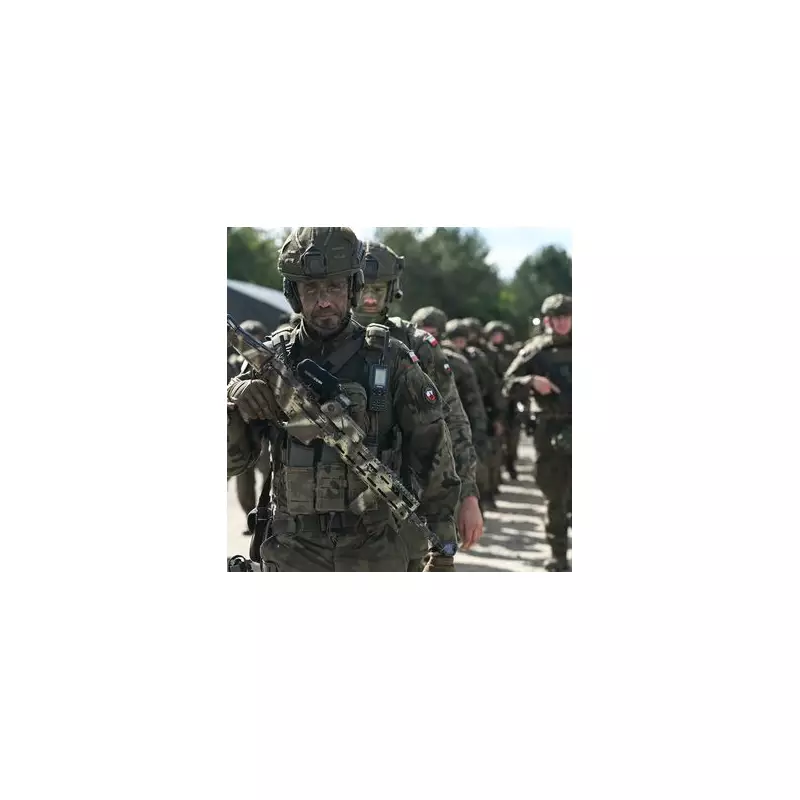
A senior NATO commander has delivered a chilling assessment, stating the Western alliance must brace itself for a large-scale conflict with Russia within two decades. The warning signals the most precarious global security situation since the end of the Cold War.
Admiral Rob Bauer, Chair of the NATO Military Committee, declared that governments and civilians across the alliance need to radically shift their mindset. He emphasised that the era of relative peace is over and nations must prepare for an era where anything can happen at any time.
'We Need a War-Footing Mentality'
Speaking at a press briefing in Brussels following a NATO Military Committee meeting, Admiral Bauer stated that the alliance is in its most dangerous period in generations. "We have to realise it’s not a given that we are in peace," he said. "And that’s why we [NATO] are preparing for a conflict with Russia."
He pointedly called for a fundamental change in how societies operate, urging a move towards a "warfighting transformation" of the entire NATO alliance.
Preparing for the Unthinkable: A 20-Year Timeline
The Admiral's timeline is stark. He suggested that while a full-scale attack is not imminent, the next 20 years hold a significant threat. This preparation, he argued, isn't just for militaries but for whole societies.
Key recommendations from the commander include:
- Placing national economies on a "war footing" to ensure production can meet military needs.
- A "whole-of-society" approach where citizens understand their role in national resilience.
- Increased and sustained defence spending by all NATO member nations.
The Ripple Effect of the Ukraine War
Admiral Bauer directly linked this heightened state of alert to Russia's ongoing war in Ukraine. He described the conflict as a "war of attrition" that is consuming a massive amount of munitions, highlighting NATO's own logistical challenges in supplying Kyiv.
This reality, he stressed, exposes the need for stronger supply chains and greater industrial capacity within member states to withstand a prolonged conflict.
A Call for Unity and Readiness
The underlying message from the NATO commander is one of urgent preparation. The aim is to make any potential aggression from Russia seem like an impossible venture through a demonstration of overwhelming strength and unity.
"We are not looking for war, but we have to be prepared for it," Admiral Bauer concluded, framing the next two decades as a critical window for the West to secure its future peace through decisive action today.





